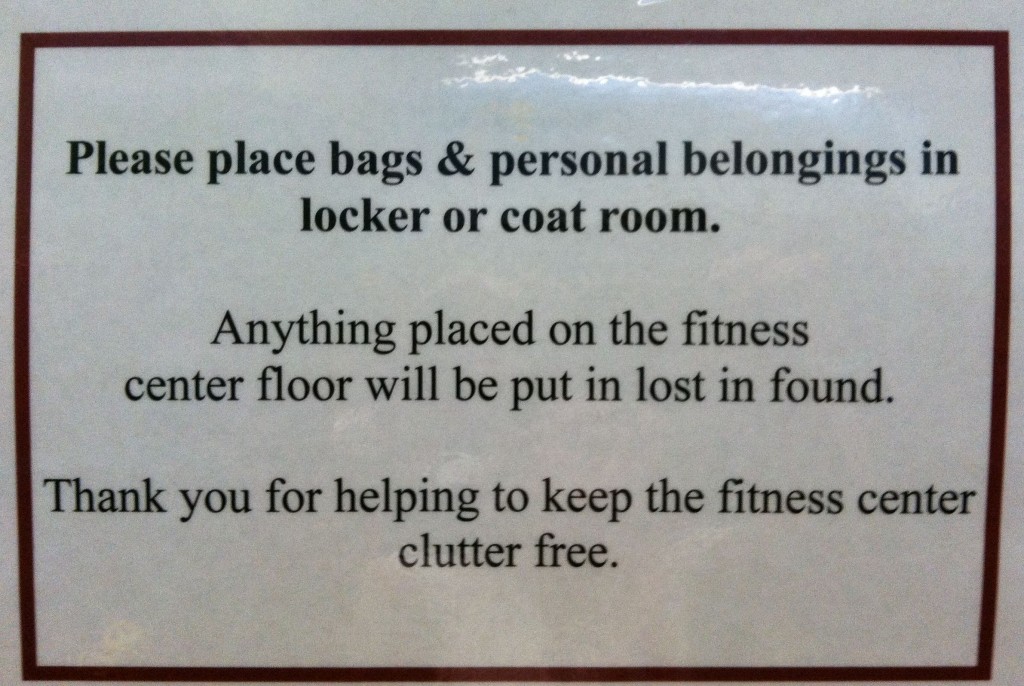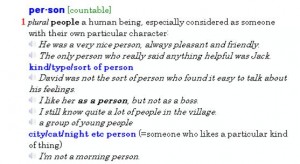Donald Trump promises many things. He promises many more things than he actually delivers on. But people love promises, and his prolific use of future time expressions makes an English lesson on talking about the future very bountiful.
Let’s follow just a few of Donald Trump’s promises since he took office and pay close attention to his adverbs of time.
“Donald Trump: “And the clock starts ticking. But here you have two people calling saying, “Can we negotiate?” I say yes and I have to wait for a hundred days. I don’t know what a hundred days is going to be like. What’s it going to be like?. . .”
SOON:
(The hyperlinks go to audio of the speech.)
 Beginning construction of a great, great wall soon 7 months ago
Beginning construction of a great, great wall soon 7 months ago
The wall will get built soon 5 months ago
The wall will happen very soon 19 days ago
We’re going to have the final choices about the border wall done soon 11 days ago
Announcing very, very big infrastructure projects soon 6 months ago
A very big infrastructure plan is going to come soon 6 months ago
We’ll be making big investments in repairing our badly depleted infrastructure soon 5 months ago
Announcing very, very big infrastructure projects soon 6 months ago
The U.S. Navy will have the finest equipment in the world soon 7 months ago
American workers will be respected again soon 6 months ago
America will be back soon 6 months ago
The U.S. will be stronger than it has ever been soon 6 months ago
NATO will be fair to the U.S. soon 4 months ago
Crucial legislation will be considered soon 3 months ago
Our country will come together as one soon 1 month ago
ADVERB + SOON
Steel companies will be great very soon 5 months ago
You will be saying Merry Christmas again very soon 2 months ago
Starting negotiations with Mexico about who will pay for the wall relatively soon 8 months ago
We’re going to start building the wall very soon 7 months ago
We’re going to be doing tax policies very soon 8 months ago
We’re going to have tax reform at some point very soon 5 months ago
We’re going to be announcing a tax plan very soon 5 months ago
The New York Times will be online-only pretty soon 5 months ago
Men and women in uniform will have the latest and most cutting edge systems in their arsenal very, very soon 7 months ago
A commitment to rebuilding the depleted infrastructure of the United States very soon 2 months ago
Announcing a signature infrastructure project beyond roads and bridges very soon 6 months ago
We will start building the wall soon, very soon 7 months ago
MS-13 will be gone from America’s streets very soon 4 months ago
We’ll have the electrical grid problem solved relatively soon 8 months ago
An infrastructure plan will come a hundred percent very soon 5 months ago
Announcing a signature infrastructure project beyond roads and bridges very soon 6 months ago
The menace of rising crime and the threat of deadly terror will get better very soon 7 months ago
We’ll have the electrical grid problem solved relatively soon 8 months ago
AS SOON AS
Construction begins on the wall as soon as we can; as soon as we can physically do it 8 months ago
We’re going to be doing some trade deals as soon as we get the health care finished 6 months ago
SOON/SOONER/SOONEST
The administration will file an infrastructure plan over the next two or three weeks, maybe sooner 5 months ago
EVENTUALLY
The wall will be brand new eventually 19 days ago
We’re going to repeal and replace Obamacare eventually 11 days ago
We will win on health care reform eventually 9 days ago
Eventually, we’ll win on health care reform, whether it’s now or later 9 days ago
LATER
The wall will come later 19 days ago
AHEAD OF SCHEDULE and WAY AHEAD OF SCHEDULE
We’re going to have a wall ahead of schedule 7 months ago
The wall is way ahead of schedule 6 months ago
OTHER
We’re going to be submitting a tax bill in the very near future 2 months ago
We’re going to go get into great detail on tax reform over the next two weeks 27 days ago
We’ll be submitting an infrastructure bill in the not-very-distant future 2 months ago
Very interesting items will come to the forefront about alleged wiretapping of Trump Tower over the next two weeks 6 months ago
He will release his tax returns at some point 4 months ago
The North Korean problem will be solved at some point 4 months ago
The Senate is going to be forced to make a deal on Obamacare repeal at some point 13 days ago
Planning is starting on the wall immediately 8 months ago
We have to take care of the American people immediately 8 months ago
American workers will have the training to lead us into the future immediately 1 month ago
We’re going to be making a decision about the Paris Accord over the next two weeks 5 months ago
And my personal favorite:



